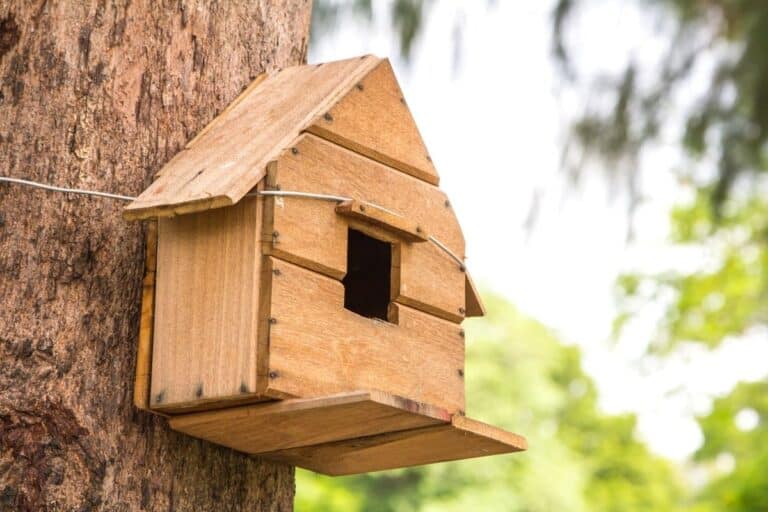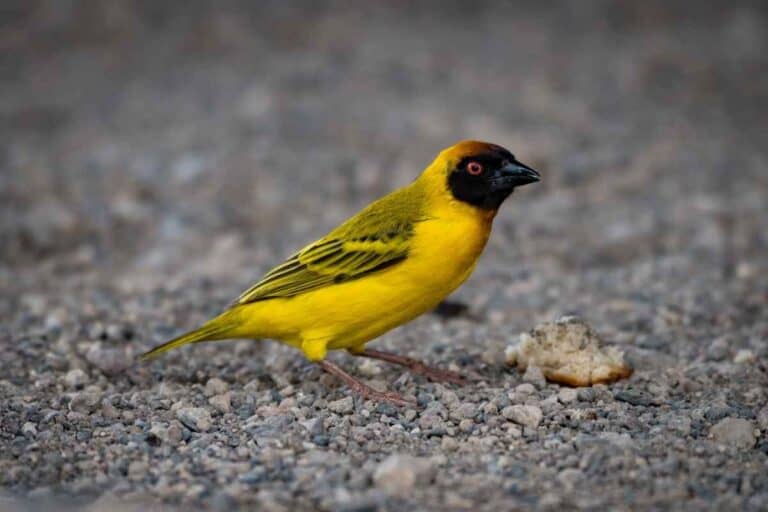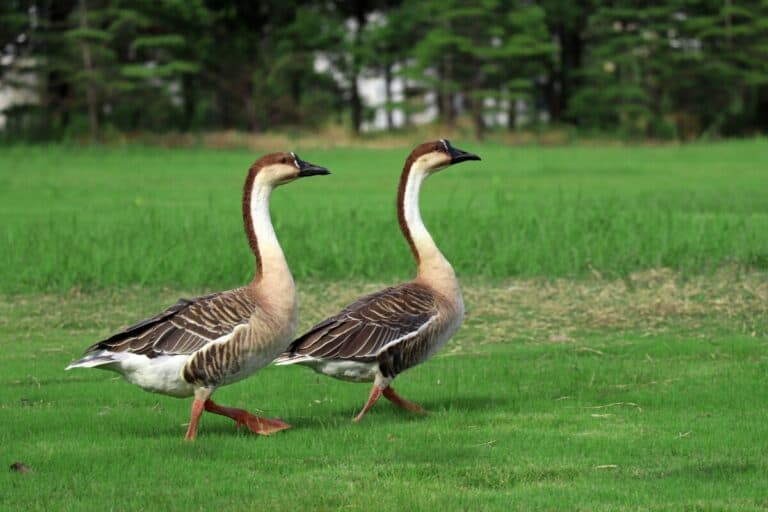Best Time For Bird Watching: Here’s the Answer!
We’re reader-supported; we may earn a commission from links in this article.
When out bird watching as a beginner bird watcher, don’t we always wonder to ourselves: “When are the absolute best times of the day for bird watching?”
So, I did a little digging on the internet and compiled some information for those of you out there who wonder the same.
Here’s what I found:
Early mornings are the best times for bird watching. This is because more birds come out to feed in the early mornings. Bird watching during the other times of the day can also be fulfilling because birds return to their nest in the evenings, birds of prey soar during midday and nocturnal birds wake up at nighttime.
While there are great times of the day to go bird watching, there are certain caveats as to when is the great time to go bird watching, specifically for you.
Bird watching in the mornings and evenings have their own attractiveness, and if you want to know more about which timing works best for you, please read on!
The Sun’s Influence On Bird Activity
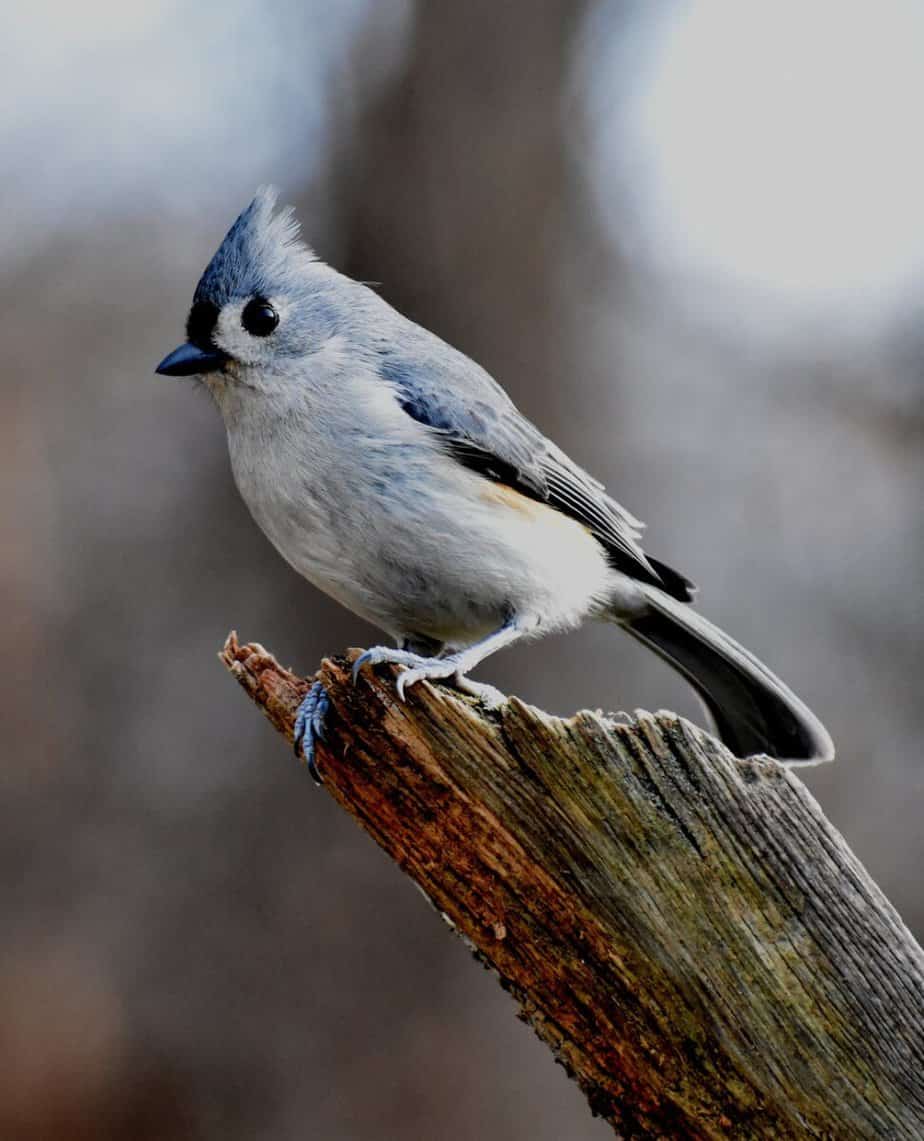
Birds definitely don’t have watches on their wrists and clocks in their nests, so how do they know when to get up or do any of their activities at all? They orientate their lives around the solar clock. When the sun rises, they rise, when it sets, they go to sleep. Birds use the sun as a guide to go about their daily activities.
For example, the birds get up in the early mornings to start their dawn chorus – a commonly heard melodious song chorus of birds who get up early in the mornings.
Birds are quieter at noon when the sun is high in the sky and it’s just hot out there. The evenings are great for birds to go for a quick hunt to replenish their energy after a long day out. At night, most birds go to sleep, but nocturnal birds awaken.
I also did lots of research and wrote a blog post about what time of day birds feed here. Do check it out as I analyzed the data and found some really cool insights!
You see, there are plenty of interesting behaviors and caveats to discuss on the best time of day for bird watching. Here’s some information I have compiled for you (and even for myself!):
The Best Time Of The Day For Bird Watching: Early Mornings
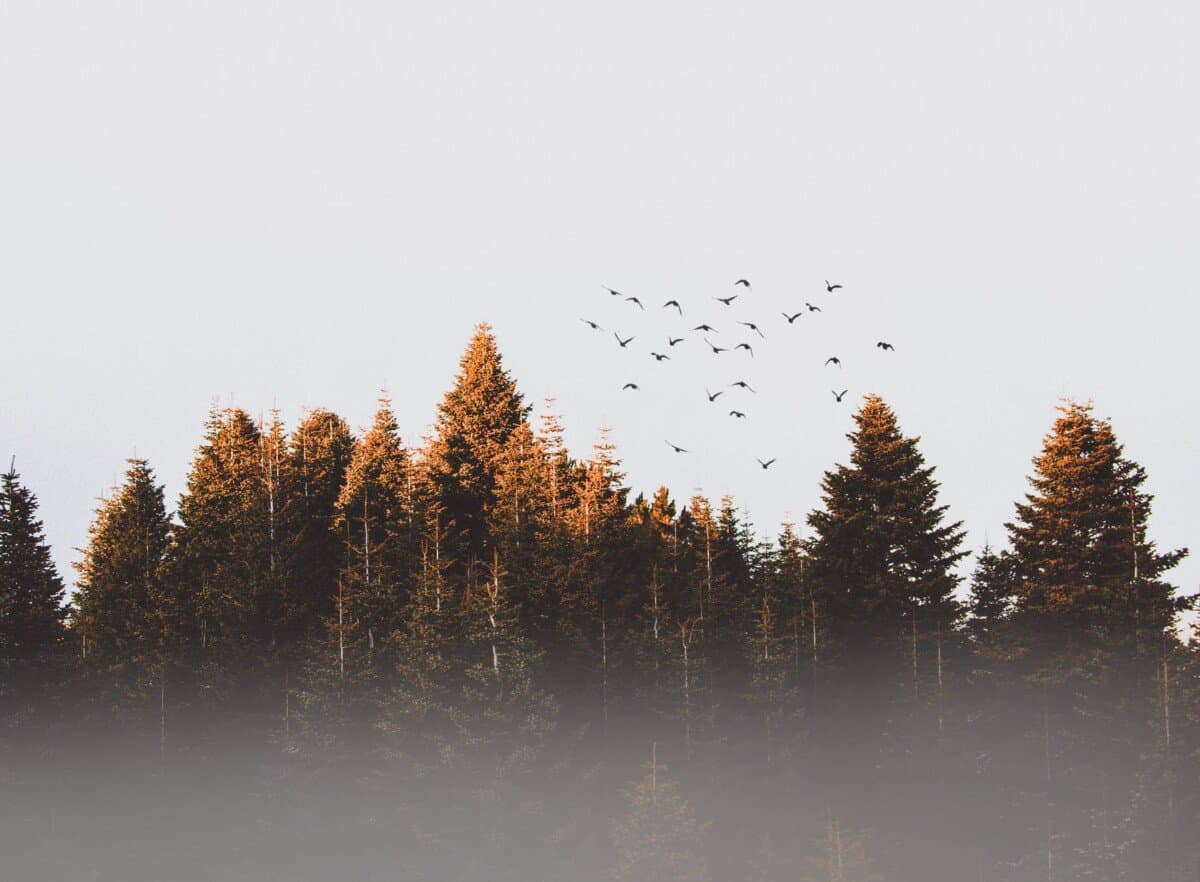
Perfect For Birding By Ear:
Birding by ear is basically identifying birds specifically by their bird species using the sounds that they make only.
This process is tough, but can be rewarding as many species of birds are often heard more than they are seen.
Picture this: You just woke up at 4 am in morning and you hear the birds just outside your backyard going bonkers; chirping and singing non-stop.
While it may sound like a racket to some, to our ears, it’s a sweet sweet melody. That’s what’s commonly known as the dawn chorus.
Simply put, the dawn chorus is the birdsong you hear at the start of a new day, in the early mornings.
While it may be still fairly dark and difficult to see the birds in the early mornings, you can definitely look forward to the best time of the day to bird watch by ear.
If you live in the UK, you should listen out for birds who start their choruses at as early as 3 am. Some commonly heard birds in the UK are:
However, if you live in a temperate climate (it means you live in either the northern or southern hemisphere), you are in luck. During springtime early mornings, it is the epitome of bird watching by ear. This is primarily due to this being the height of the birds’ breeding season when male birds will religiously sing to attract their mate and proclaim their territory. In fact, many bird watchers around the world have decided to observe an annual International Dawn Chorus Day on every first Sundays in May.
Perfect For Catching Ground Foragers In Action:
You may have heard of the phrase: “the early bird gets the worm“. This should apply to both you – the bird watcher, and the birds! Birds are early risers – and they don’t just do it to sing. There is another pressing reason that they need to wake up so early for – FOOD.
Birds are especially active in foraging for food in the mornings, following suit from most of their food sources also being active in the mornings. As bird watchers, it is wise for us to look for early-morning foraging birds hunting for worms and insects on the forest floor. These bugs are also awoken by the warmth that the sun brings to the earth, allowing them to be active and more visible to the birds.
As bird watchers, we need to pay close attention to the birds who forage on the forest floor, or even to the birds on the bird feeder out our backyards if we do not want to miss some feeding action.
Perfect For The Bird Watcher:
Not only are the early mornings great for birds, but it is also great for the bird watcher. In the early mornings, the air is crisp and clear. There is a certain calm that can be felt in the mornings, with the air being very still and perfect to listen out for the morning calls of our feathered friends.
Wait, there’s more to live about early-morning bird watching! What about the added mental health benefits of bird watching? You are waking up early, starting your day right in nature, probably taking a long walk into a bird watching trail. Tell me, when you breathe in the crisp air, listen to the birds chirping in the background, won’t you also agree that this is the best time of the day to go bird watching?
An Alternative Great Time For Bird Watching: Evenings

A Great Evening For The Birds:
Though the mornings are a great time for bird watching for myself and other bird watchers, let’s not forget about the evening time. The evenings are a great feeding time for the birds. The birds like to hunt and store up their energy before the sunsets. This energy will last them through the night.
Backyard bird watchers should also look out for birds coming to pick at your bird feeders at this timing.
A Great Evening For The Bird Watchers:
I know that many people are not exactly an early-morning kind of person, so you may prefer to opt for an evening time of bird watching instead. Evenings are cooler and perfect even for those of you looking to spot a few birds while having your evening stroll, whether be it on the weekends or after work. Even as sunlight gets lesser in the late evenings, you can even expect to see nocturnal species start to become active – a little glimpse into night time bird watching.
Don’t Forget About Midday Bird Watching
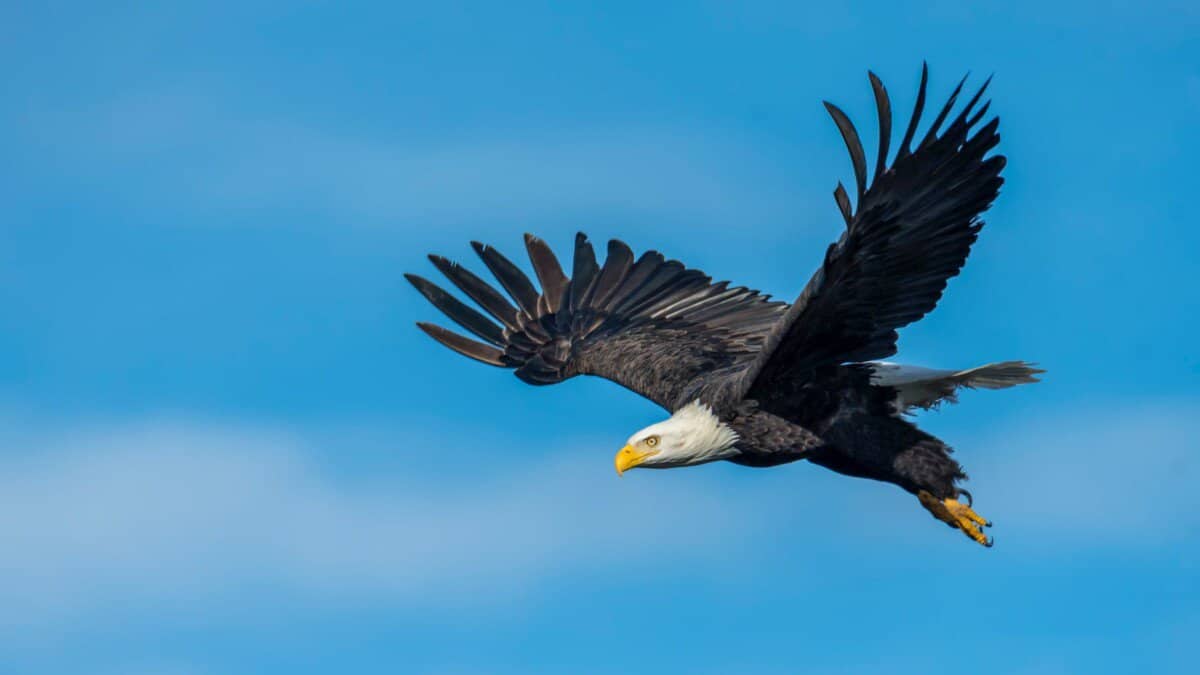
At midday, most birds tend to be less active, except for a special group of birds of prey. Diurnal raptors such as hawks and vultures are especially active during this time period.
You may find it interesting to find out that they actually depend on the heat of the day at midday to take flight! These birds require warm air currents during the afternoons to help them gain altitude, without flapping their wings. This is why we tend to see them soaring in a circular motion to gain a higher altitude. This is a great time to see these magnificent birds of prey in action, whether to catch them in flight or during their hunt.
However, as the day progresses into the late afternoon, these birds can be seen less because the air gets less hot and it gets more difficult for them to soar to gain altitude.
Nighttime Bird Watching
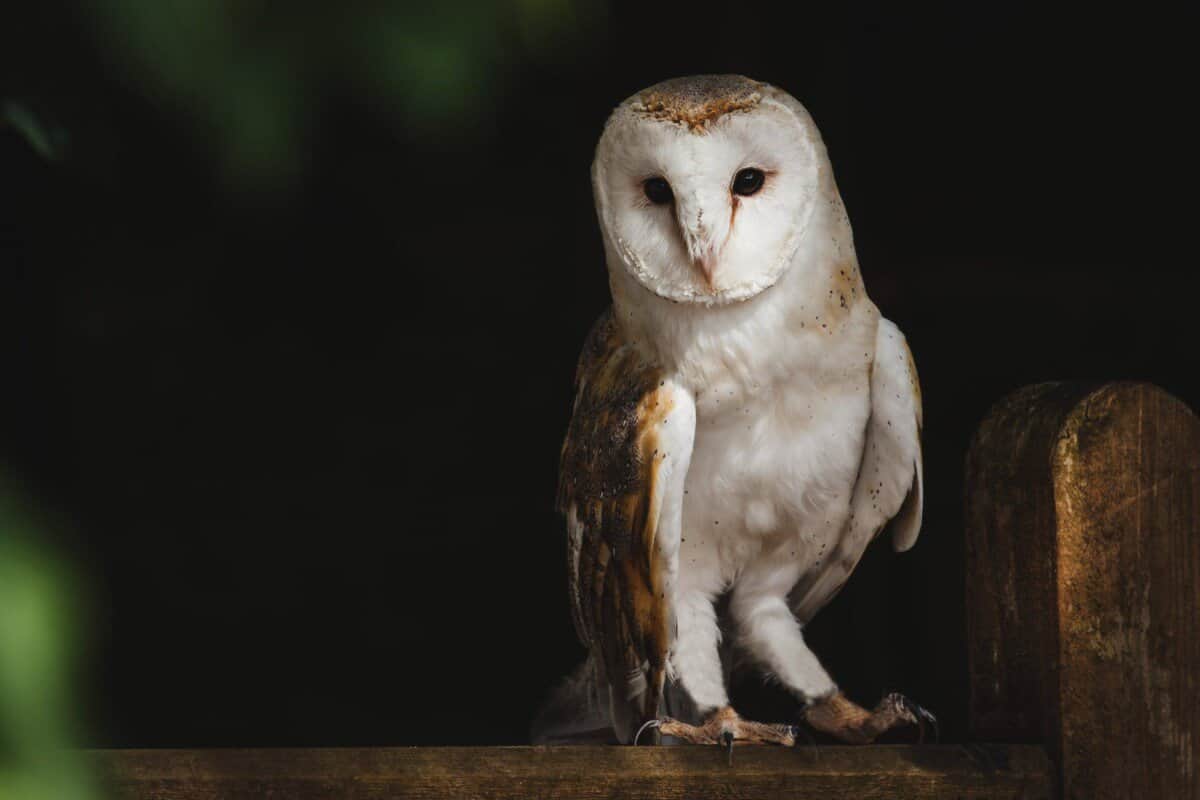
The nighttime is one of my favorite times to go bird watching because it is so unconventional. However, this time of day requires more equipment for lighting and training to go bird watching by ear rather than by sight.
Owls are active during the night, as most of you may know. However, nighttime is also a good opportunity to train bird watching by ear by listening out for other nocturnal species as well. This includes the nightjars, the nightingales and some even like to observe bats.
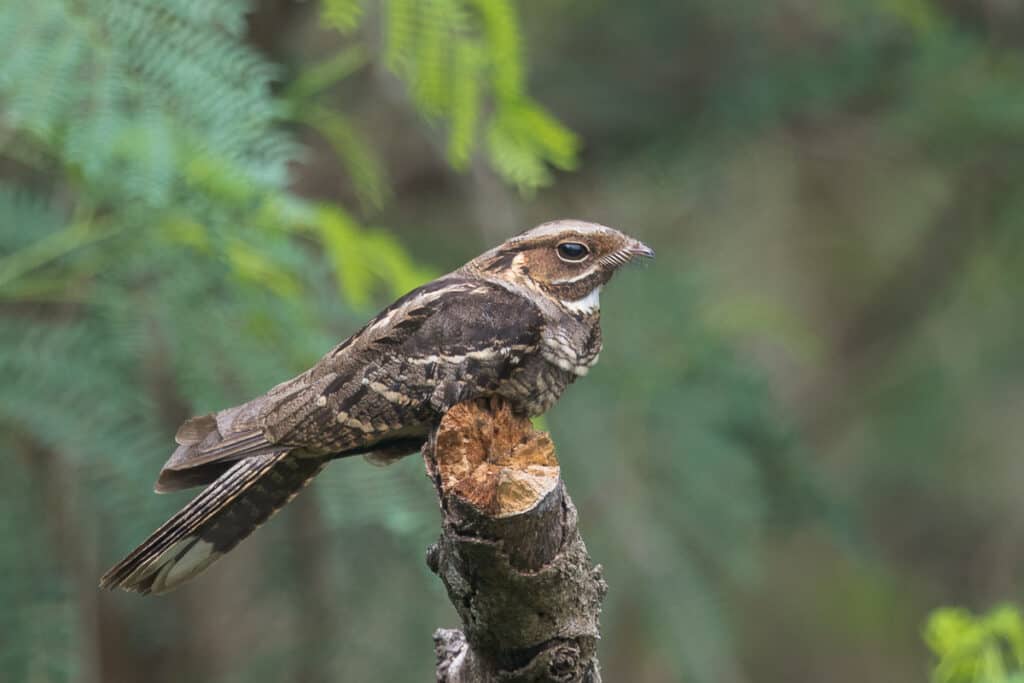
A personal favorite for myself would be to listen out to the calls and songs of the Large-Tailed Nightjar which is a common resident in my local area. It has a very repetitive and curious-sounding song that rings throughout the night. Sometimes, when I am awake at 2 am, I can always hear it, keeping me company. I absolutely love this bird!
If you happen to be living in North America, it is a great opportunity to spot Nightjars in the spring and summer nighttime. They are extremely well camouflaged and tend to stay motionless, so I would advise using their calls to locate them and hopefully pinpoint their position.
Final Thoughts
If you were to ask me again when’s the best time to go bird watching, I would definitely say anytime! But if I HAD to pick a certain time, it would be the early mornings, when birds are just beginning their day. So pick your favorite time of day and just head out to go bird watching already! Happy bird watching!
My Recommended Birding Resources:
Hey there, Justin here!
Here’s a list of all my favorite resources, products, and brands I trust and love.
My Celestron Nature DX 8×42 Binoculars: It’s a great budget pair for beginner birders. Highly valued for its price! Read my review.
Safe Paint for Bird Baths Guide: Learn about non-toxic paint for painting bird baths.
Safe Sealers for Bird Baths Guide: Learn which sealers are safe for bird baths.
Safe Paint for Bird Feeders Guide: Learn what special care needs to be taken to paint bird feeders with the right paint.
Safe Paint for Birdhouses Guide: Learn about non-toxic paint for painting birdhouses. (Not the same as bird baths!)
Bird Identification Apps Guide: 2 of my favorite birding apps are Merlin Bird ID, and eBird Mobile! Merlin is great for tracking and identifying birds, and eBird Mobile is great for tracking the birds sighted when birding.
Check out my resources page for the full list of resources I recommend!

Justin Chia
Justin is the founder and author of Birding Outdoors. He is a Nanyang Technological University (NTU) alumnus with a Bachelor of Biological Sciences and a former data analyst.
Now, Justin runs the Birding Outdoors blog full-time, hoping to share his deep love for birds, birding, and nature with others.
To unwind, Justin enjoys gaming and reading.

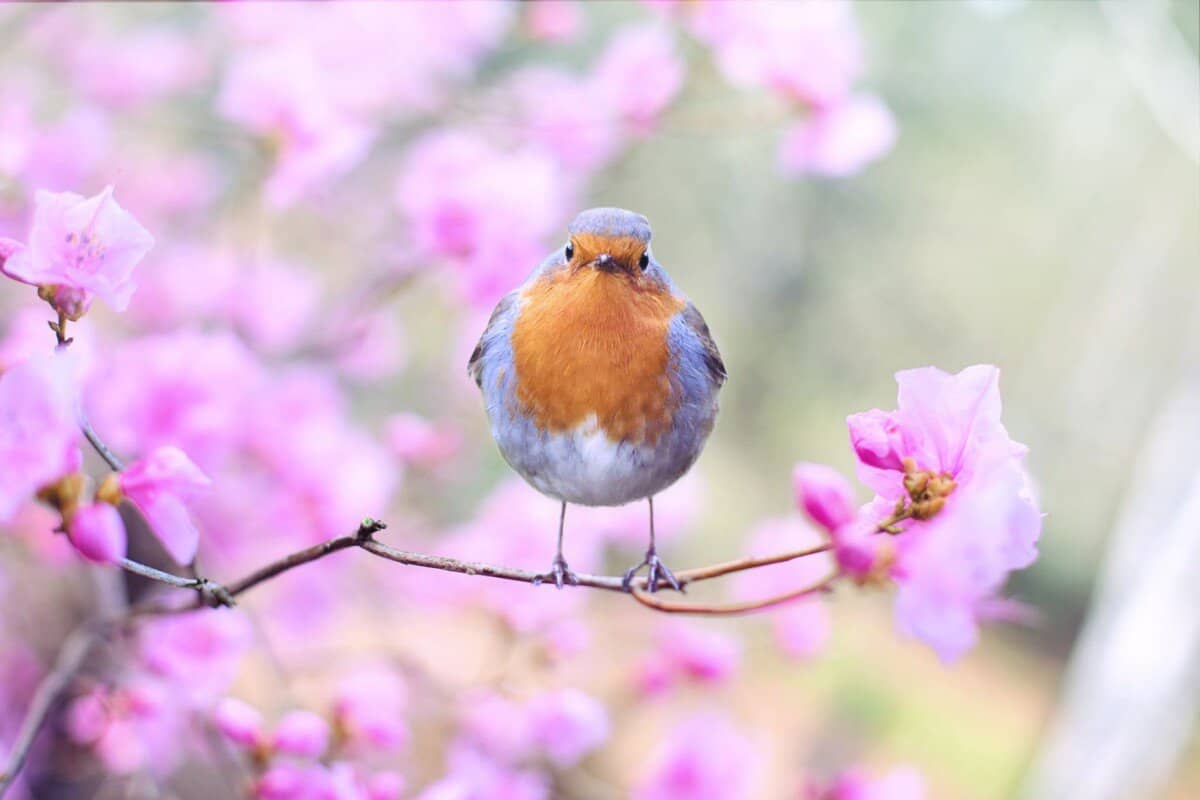
![How Does Rain Affect Birding? [ANSWERED! + Advice]](https://birdingoutdoors.com/wp-content/uploads/2021/02/falcon-5305059_1920-768x512.jpg)
